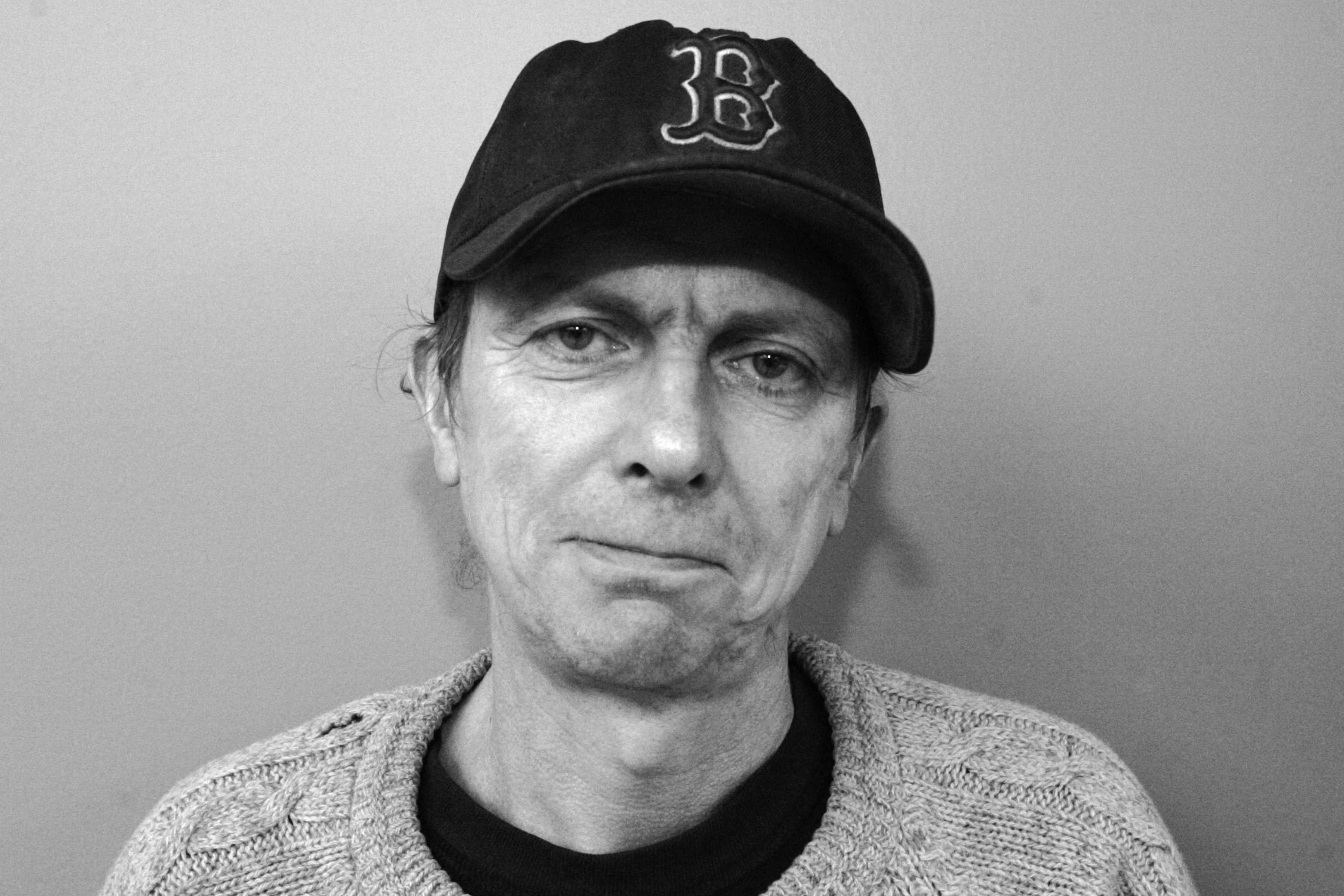Banerjee: Activism isn’t a race or a competition
Maintaining the perfect social media front is not the key to perfect social justice work and, often, it can be far more destructive to activists and their overall well-being.
October 17, 2018
With the 24-hour news cycle and social media, it’s difficult — if entirely impossible — to avoid the ever-changing and evolving nature of the world’s problems.
It’s not that they’ve necessarily increased in magnitude, but rather, we’re now able to see a wider array of them at any given moment. Because we have a higher rate of access to knowledge concerning both our own neighborhoods and the remotest parts of the globe, it can feel overwhelming for those with the best intentions, simply trying to stay on top of it all.
Trying to be involved in every issue is simply impractical and potentially harmful for those who wish to be informed and active regarding every issue.
As college students especially, we live incredibly busy lives — lives full of our own problems, obligations, and responsibilities. On its own, it can be overwhelming and exhausting. But coupled with a perceived obligation to solve the world’s problems? Most people cannot handle that — nor should they be required to.
RELATED: Jaimes: Celebrity activism should be criticized on a case-by-case basis
Because of social media, news outlets, and even campus events, we are constantly inundated with social issues. You cannot avoid them — open up Twitter, and you’ll see a barrage of the latest tragedies and injustices. Walk by the right table in the IMU, and you’ll be hit by another worthy organization or cause to which you should donate your time or money. And it’s not that there’s anything wrong with seeking out support for a cause, but often, people feel obligated to proving their worth as people and activists by supporting as many causes as they possibly can.
Young people, especially, tend to feel like they have an obligation toward fixing the problems of the past, and in many cases, the only outlet possible for this repair is social media.
Bombarded with messages aimed specifically at guilt-tripping people into paying attention to a plethora of weighty issues, social-media users often struggle to keep up. The effort — both mental and, in a way, physical — to keep up with every issue, develop a solid stance on it, and consequently promote it for the world to see can be draining. Many of these issues cannot be simply learned about through a Facebook slideshow or an article — they require in-depth research and thought for which social media simply does not allot time.
In 2005, an article in the Stanford Social Innovation Review, by Christina Maslach and Michael P. Leiter, described the effects of activist burnout as a genuine side effect of the emotionally and physically exhausting work through which political and human-rights activists go. While the social-media activist burnout is not necessarily to the same level as that which Maslach and Leiter cited, it certainly falls under the same category: People are growing tired of having to care.
RELATED: Jaimes: Celebrity activism should be criticized on a case-by-case basis
And that does sound awful — shouldn’t someone care about the real issues facing the world? While yes, ideally, everyone would be capable of caring equally and intensely about every issue humanity faces, the reality is that we simply can’t. The work is never done and, at times, it can seem daunting to try to tackle issues that have plagued us for centuries. Some people don’t have the time to educate themselves on every issue, others have topics they simply care more intensely about and devote their time to that specific cause.
Activism should never be a competition; if it devolves into one, it only hurts the communities it hopes to help. People should be allowed to take time for themselves, away from the constant push to be the most informed. Intersectionality is a vital part of activism, but not at the cost of stripping people of the causes to which they have close connections. Among activists, a sense of superiority — the “I have a more openly cultivated activist persona that’s more encompassing than yours” complex — is rampant, but it only does the community a disservice.






